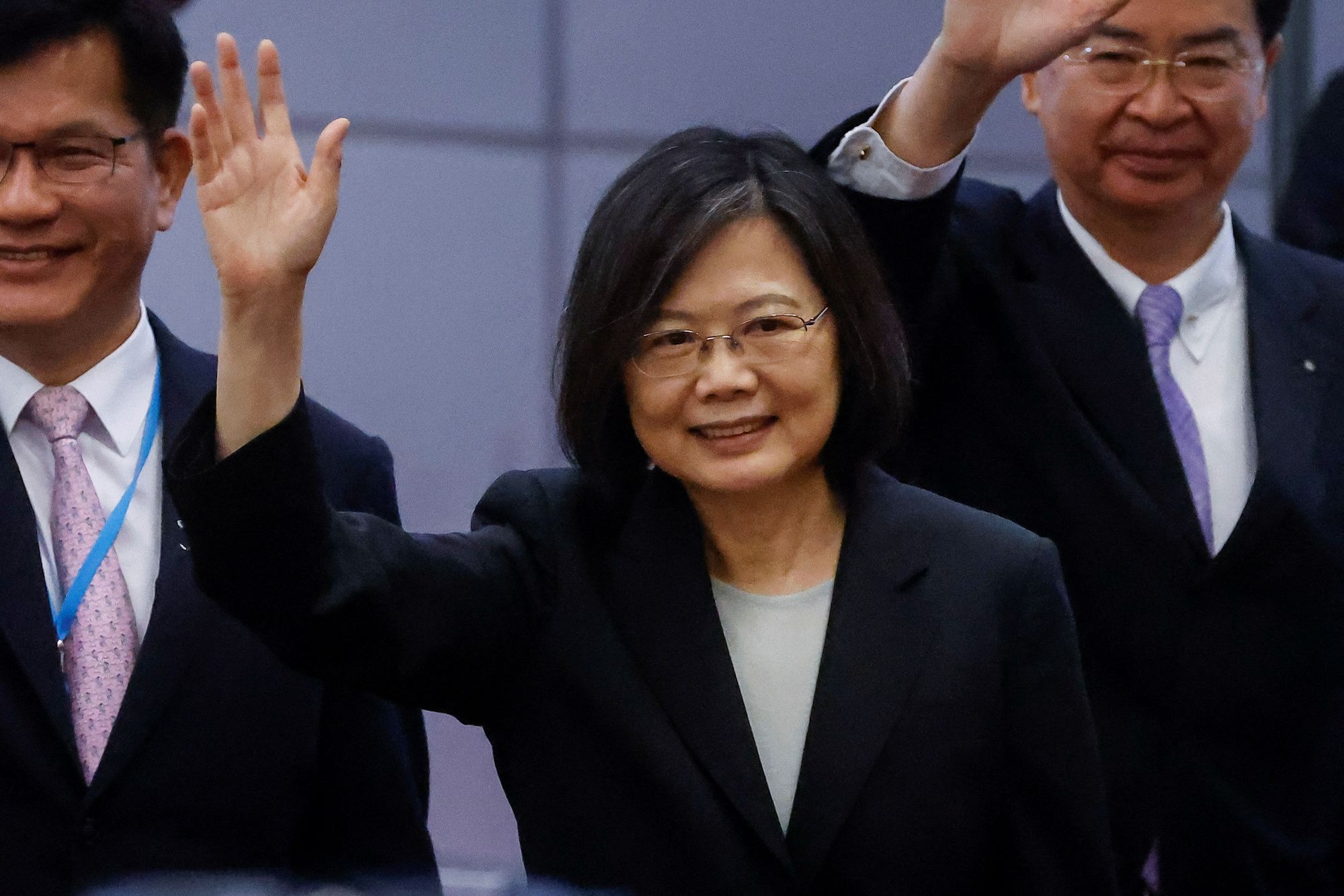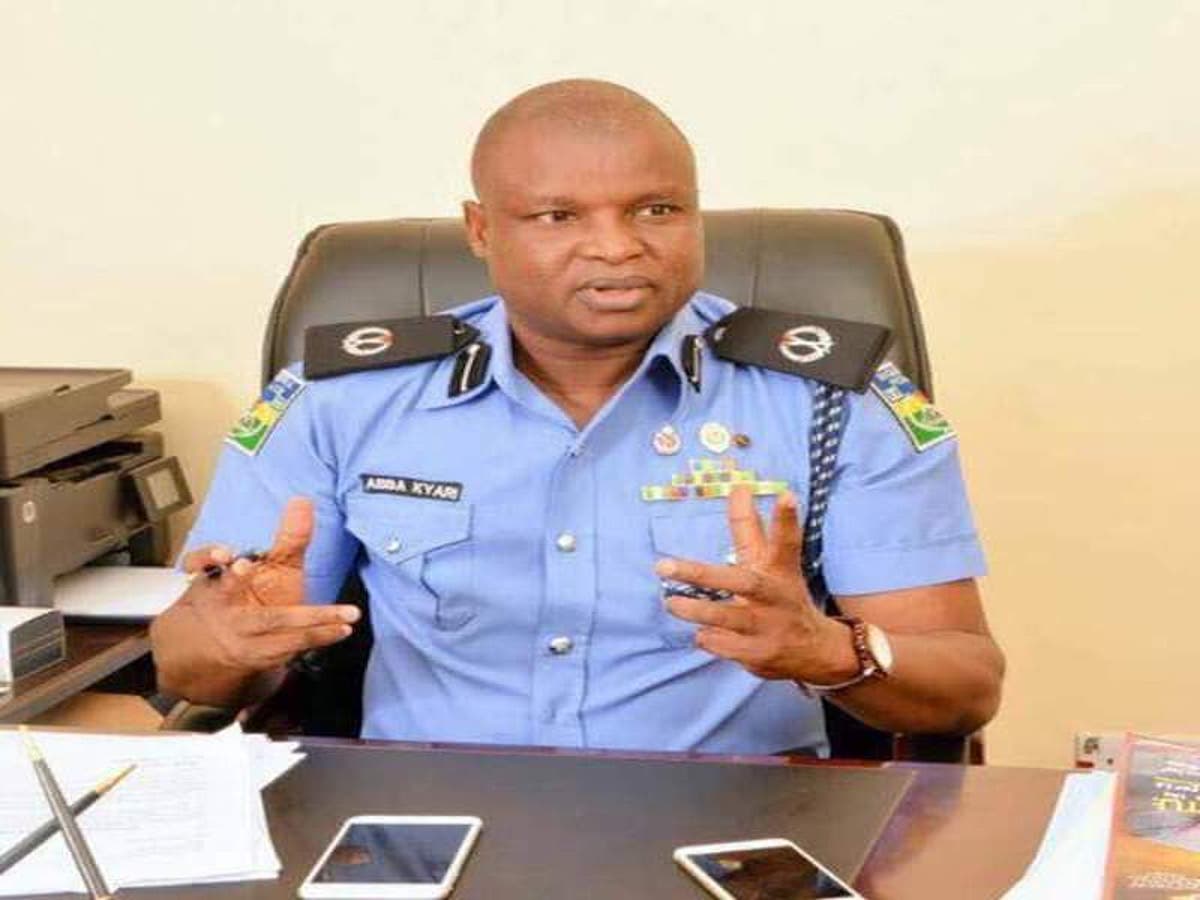Taiwanese President Tsai Ing-wen has stated that external pressure will not stop her country from engaging with the world, hitting a defiant note after China threatened to retaliate if she met U.S. House Speaker Kevin McCarthy during a trip to the US.
China claims democratically-ruled Taiwan as its own territory and has repeatedly warned U.S. officials not to meet Tsai, viewing it as support for the island’s desire to be seen as a separate country. Taiwan’s government rejects China’s sovereignty claims, and while Tsai has repeatedly offered talks with Beijing she has also said only Taiwan’s people can decide their future.
“External pressure will not hinder our determination to go to the world” Taiwan president defiant after China threatens retaliation if she travels to US
Last August when then-U.S. House Speaker Nancy Pelosi visited Taipei, China staged war games around Taiwan .
Tsai on Wednesday morning, March 29 that said she is departing for the US but will also go to Guatemala and Belize. While not officially confirmed, she is expected to meet McCarthy while in California.
“External pressure will not hinder our determination to go to the world,” she said at Taiwan’s main international airport at Taoyuan, in a veiled reference to China.
“We are calm and confident, will neither yield nor provoke. Taiwan will firmly walk on the road of freedom and democracy and go into the world. Although this road is rough, Taiwan is not alone.”
Speaking in Beijing shortly before Tsai left, Zhu Fenglian, spokesperson of China’s Taiwan Affairs Office, said Tsai’s “transits” of the United States were not just her waiting at the airport or hotel, but for her to meet U.S. officials and lawmakers.
“If she has contact with U.S. House Speaker McCarthy, it will be another provocation that seriously violates the one-China principle, harms China’s sovereignty and territorial integrity, and destroys peace and stability in the Taiwan Strait,” she said.
“We firmly oppose this and will definitely take measures to resolutely fight back,” Zhu added, without giving details.
Tsai’s travel comes when U.S. relations with China are at their worst level since Washington normalised ties with Beijing in 1979 and switched diplomatic recognition from Taipei.
Taiwan is China’s most sensitive territorial issue however, the United States government is required by U.S. law to provide the island with the means to defend itself.
Taiwanese presidents routinely pass through the United States while visiting diplomatic allies in Latin America, the Caribbean and the Pacific, which, although not official visits, are often used by both sides for high-level meetings.
The US says such transits by Taiwanese presidents are routine and that China should not use Tsai’s trip to take any aggressive moves against Taiwan.
“So there’s absolutely no reason for Beijing to use this upcoming transit as an excuse or a pretext to carry out aggressive or coercive activities aimed at Taiwan,” a US official said to Reuters.
China claimed a diplomatic victory over Taiwan on Sunday, March 26 when former Taiwan ally Honduras switched diplomatic recognition to Beijing. Only 13 countries now maintain formal ties with Taiwan.






2 Comments